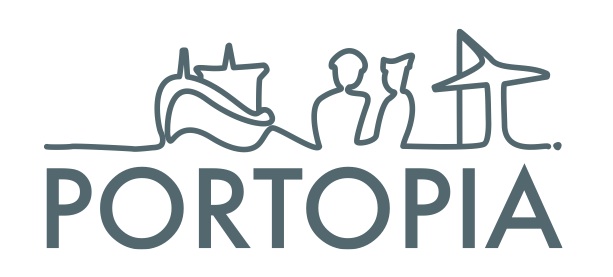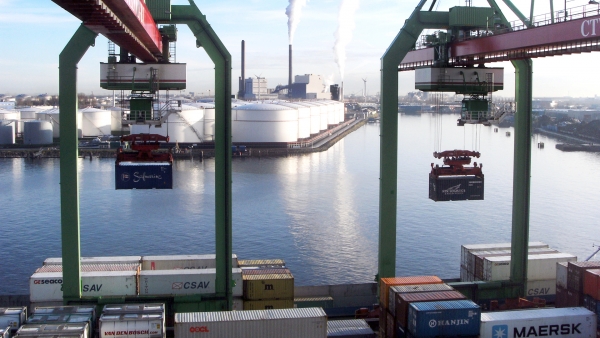Port users perceptions of their experience in a given port, do matter and port performance measurement needs to take this into account argue Thanos Pallis and George Vaggelas in their latest port study that was presented at the 5th International Symposium on Ship Operations, Management & Economics (SOME 2015) held in Athens, Greece, 28-29 May 2015.
The port industry is experiencing an ongoing transformation due to changes in its internal and external envi-ronment. Nowadays the industry is characterized by fierce competition of mainly commercial and industrial entities, driven by the market conditions, seeking (among other goals) to increase related revenues and market shares. The measurement of port performance emerges as an issue of high priority, notwithstanding the need for such measurement devoting attention to all different components of performance – including both efficiency and effectiveness.
 In this vein, Thanos and George argue that port users perceptions of their experience in a port, and ultimately their satisfaction are of increasing importance. Yet industry practices on performance – and to a large ex-tent academic research – focus mostly on the operation-al performance, neglecting users perceptions of their experiences when using any given port. The paper aims at filling this gap, by developing a typology of criteria for measuring users perceptions on container port performance.
In this vein, Thanos and George argue that port users perceptions of their experience in a port, and ultimately their satisfaction are of increasing importance. Yet industry practices on performance – and to a large ex-tent academic research – focus mostly on the operation-al performance, neglecting users perceptions of their experiences when using any given port. The paper aims at filling this gap, by developing a typology of criteria for measuring users perceptions on container port performance.
The paper has benefited by the work contacted in the context of the European project Portopia, examining different aspects of port perforamance in a most innovative way.
You may freely dowload Thanos and George paper @PortEconomics.eu.












